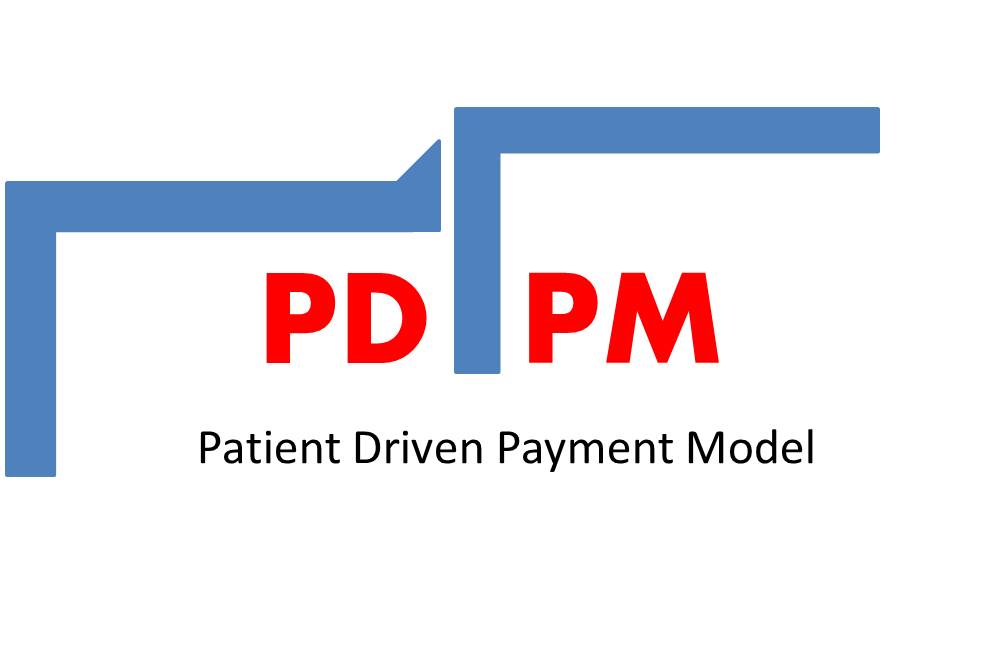By Lori O’Hara, MA, CCC-SLP, PDPM Resource
In general, altered textures and swallowing problems go hand in hand. While you will occasionally have a patient who wants mechanical soft because they don’t want to struggle with cutting meat, or a patient with severe dysphagia who is NPO, you should almost always see those things happening together.
In PDPM-land, this means that the case mixes that indicate “either” a swallowing component or a mechanically altered diet should be pretty darn rare (less than 10% of the total case mix distribution). For the curious types, those case mixes are SB, SE, SH and SK.
According to ASHA, as many as 45% of patients in nursing homes have swallowing problems, and in most cases those problems (at least in the early days) will be managed with some type of texture alteration.
Here are some tips to capture everything that goes along with those conditions:
- Any alteration to solid or liquid that is done with goal of making oral intake easier or safer is considered a mechanically altered diet.
- Section K swallowing impairment questions can be answered based on the SLP/OT interpreting clinical language in the therapy documentation – there does not need to be a word-for-word reflection of the MDS language in the therapy documentation to answer “yes” to a section K item.
- If the patient doesn’t need dysphagia treatment (typically because the condition is not new or expected to improve), a qualified clinician should always document the reason for the altered diet in a therapy or screening note.
Few patients choose altered textures for pleasure, so the underlying chewing or swallowing problem should be documented. This can include patient report (“I eat the mechanical soft diet because it’s too hard to chew meat” = pain or difficulty with swallowing) or documentation of subtle signs of swallowing impairment that are generally masked to the untrained eye by the altered texture itself. (Trace oral stasis or residue = holding food in mouth; throat clearing or wet voice after eating or drinking = coughing or choking during meals or medications).

